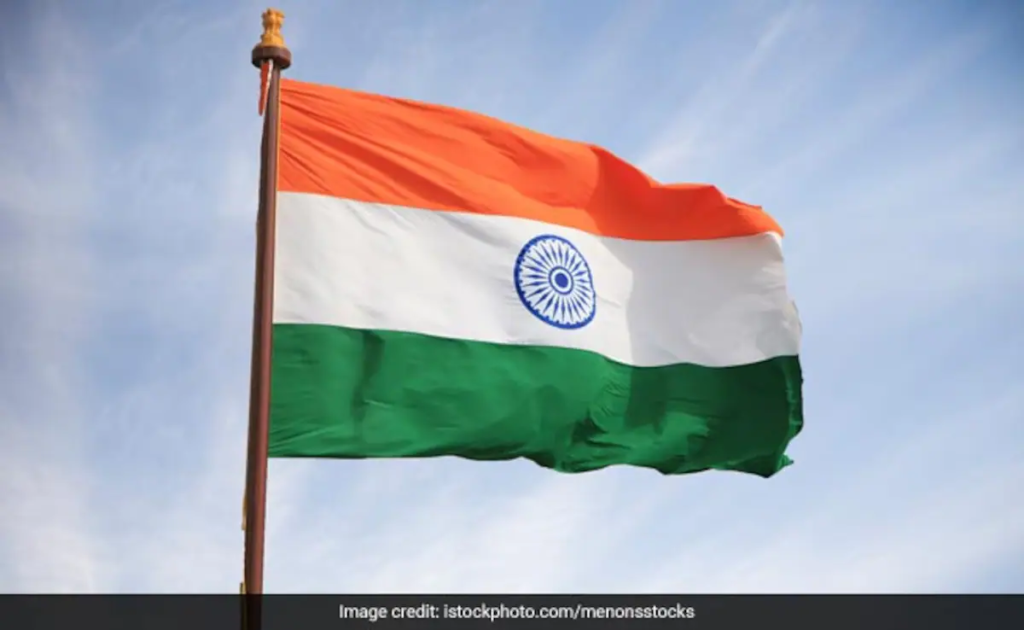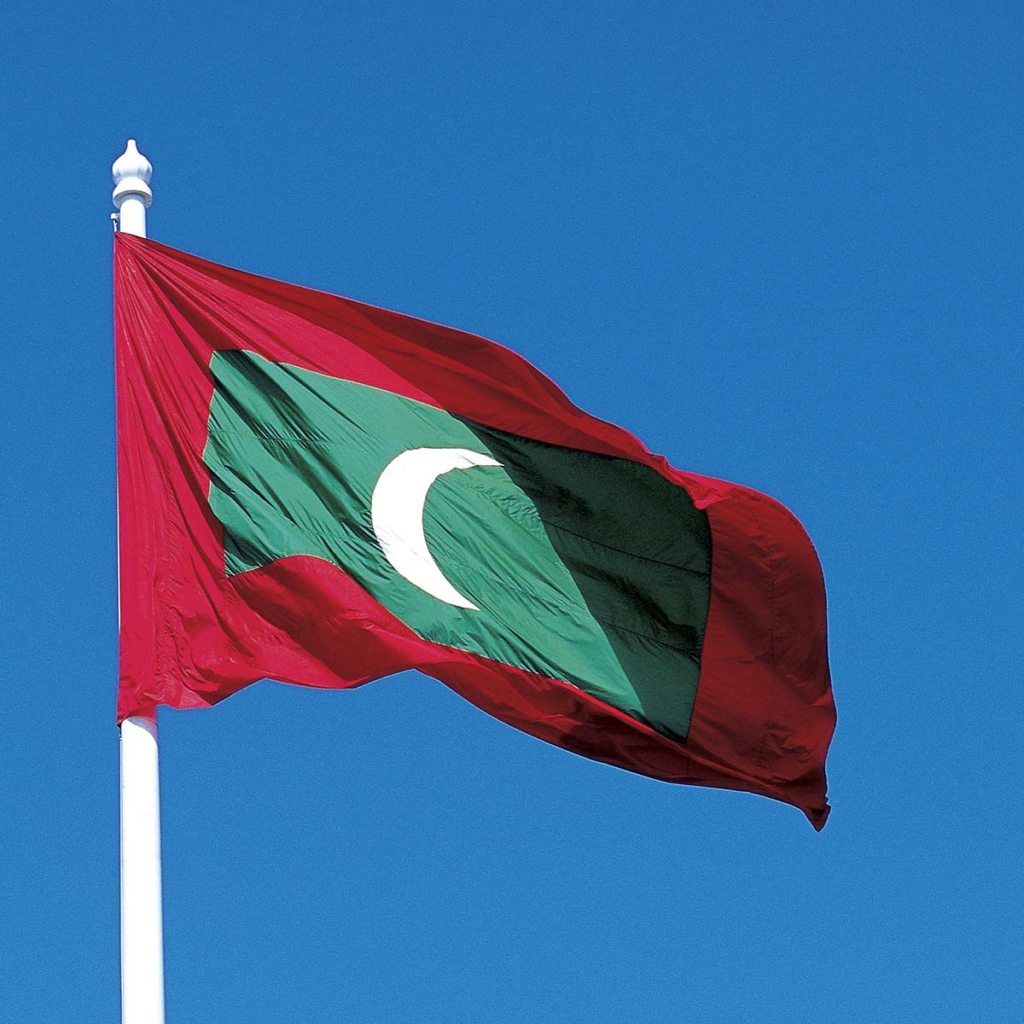Timeline of August 15 Celebrations Worldwide
August 15 is not just significant for India but resonates globally as a day of freedom and cultural pride. This date is marked by celebrations and commemorations in various countries, reflecting their unique historical and cultural contexts. Here’s a detailed timeline and overview of August 15’s significance across different nations.
- August 15, 1945: Japan formally surrendered to the Allied Forces, marking the end of World War II in the Pacific Theater. This day is celebrated as Victory Over Japan Day or V-J Day.
- August 15, 1947: India gained independence from British colonial rule, marking the end of a long struggle for freedom. Jawaharlal Nehru, the first Prime Minister of India, addressed the nation with his famous “Tryst with Destiny” speech from the Red Fort in Delhi.
- August 15, 1965: The Maldives achieved independence from British protection, celebrating its sovereignty and national identity.
- August 15, 1980: South Korea celebrated the end of Japanese colonial rule with renewed pride and reflection on its historical struggles and triumphs.

India: A Celebration of Freedom and Progress
India’s Independence Day on August 15 is marked by various ceremonies and festivities. The day starts with the hoisting of the national flag at public and private institutions. The Prime Minister delivers a speech from the Red Fort, reflecting on the nation’s achievements and future goals. Cultural events, parades, and performances are held nationwide, celebrating India’s diversity and progress.

- Historical Context: India’s struggle for independence, led by figures such as Mahatma Gandhi, Jawaharlal Nehru, and Sardar Patel, was marked by significant events including the Salt March and Quit India Movement.
- Current Celebrations: The Prime Minister’s address and the flag-hoisting ceremony are broadcast live, while schools, government offices, and private organizations participate in various events.
South Korea: Gwangbokjeol – A Day of Liberation
South Korea observes Gwangbokjeol on August 15, commemorating the end of Japanese occupation in 1945. The day is a national holiday, marked by official ceremonies, traditional dances, and cultural performances. South Koreans celebrate their liberation and reflect on their journey to a modern, democratic society.

- Historical Context: The end of Japanese rule in Korea was a pivotal moment in Korean history, leading to the eventual establishment of two separate Korean states in 1948.
- Current Observations: The day includes public speeches by leaders, educational programs about Korea’s history, and community events celebrating Korean culture.
North Korea: Day of Victory
In North Korea, August 15 is celebrated as the Day of Victory. This day marks the end of Japanese colonial rule and is celebrated with grand military parades, speeches by Kim Jong-un, and various public events. The day reflects North Korea’s national pride and its historical struggle for sovereignty.

- Historical Context: North Korea’s victory is celebrated with an emphasis on its revolutionary history and the role of the Korean Workers’ Party in securing independence.
- Current Celebrations: The day features large-scale parades, public gatherings, and media broadcasts celebrating the nation’s achievements.
The Maldives: Independence Day Festivities
August 15 is also celebrated as Independence Day in the Maldives, marking its freedom from British protection in 1965. The day is observed with flag-hoisting ceremonies, cultural events, and public speeches reflecting on the nation’s progress and achievements.

- Historical Context: The Maldives transitioned from a British protectorate to an independent republic in 1965, a significant moment in its modern history.
- Current Observations: The celebrations include national ceremonies, traditional music, and various public events showcasing Maldivian heritage.
Italy: Feast of the Assumption
In Italy, August 15 is known as the Feast of the Assumption. This religious holiday commemorates the Assumption of Mary into Heaven. The day is marked by religious services, processions, and festive gatherings.

- Historical Context: The Feast of the Assumption is one of the major Christian festivals, celebrated with great devotion and cultural traditions throughout Italy.
- Current Celebrations: Many Italians attend church services, participate in local festivals, and enjoy family gatherings on this day.
Liechtenstein: National Holiday Celebrations
Liechtenstein celebrates its national holiday on August 15, reflecting on its sovereignty and cultural heritage. The day includes public events such as traditional music performances, parades, and community gatherings.

- Historical Context: The holiday marks Liechtenstein’s national identity and its unique position as a small, sovereign state in Europe.
- Current Observations: Celebrations feature local traditions, cultural events, and public festivities highlighting Liechtenstein’s rich heritage.
Expert Opinions on August 15 Celebrations
Dr. Emma Johnson, a historian specializing in modern European history, explains, “August 15 serves as a poignant reminder of liberation and national pride across different cultures. Each country’s celebration is a reflection of its unique journey to independence.”
Dr. Michael Lee, a cultural analyst, adds, “The diverse ways in which August 15 is celebrated globally highlight the shared values of freedom and sovereignty while also showcasing each nation’s distinctive cultural identity.”
Timeline of Key August 15 Events
- August 15, 1945: Japan surrenders, marking the end of World War II in the Pacific.
- August 15, 1947: India gains independence from British rule.
- August 15, 1965: The Maldives achieves independence from British protection.
- August 15, 1980: South Korea celebrates liberation from Japanese occupation.
Conclusion: Embracing Global Independence
August 15 is a day of profound significance across the globe, celebrating various forms of independence and national pride. From India’s freedom struggle to South Korea’s liberation and Italy’s religious festivities, this date encapsulates a wide range of historical and cultural narratives. As we honor these diverse traditions, we recognize the shared values of freedom and sovereignty that connect us all.
For Regular News and Updates Follow – Sentinel eGazette
External Sources
- BBC News – India’s Independence Day
- South Korea’s Liberation Day Overview
- Italy’s Feast of the Assumption
- Maldives Independence Day History
FAQs
- What are some unique ways different countries celebrate August 15?
- Countries like South Korea celebrate Gwangbokjeol with grand parades and cultural performances, while Italy observes the Feast of the Assumption with religious services and festive gatherings.
- Why is August 15 significant for South Korea?
- August 15 marks the end of Japanese colonial rule in 1945, which is commemorated with public celebrations and reflections on the nation’s journey to freedom.
- How is August 15 celebrated in the Maldives?
- The Maldives celebrates August 15 as its Independence Day, featuring flag-hoisting ceremonies, cultural events, and public celebrations to honor its sovereignty achieved in 1965.
- What is the historical significance of August 15 in India?
- August 15 is India’s Independence Day, commemorating the end of British colonial rule in 1947, marked by national flag hoisting, speeches, and cultural performances.
- What are some traditional events held on August 15 in Italy?
- In Italy, August 15 is the Feast of the Assumption, celebrated with church services, traditional processions, and family gatherings reflecting religious and cultural significance.